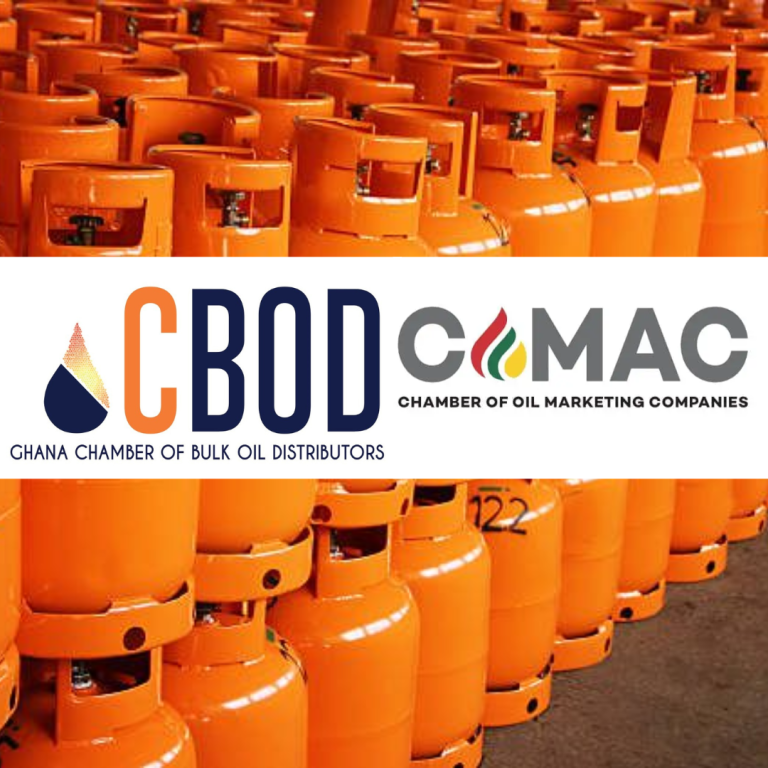PRESS RELEASE
We have followed with keen interest, discussions over the recent publication on the sulphur content in diesel or gasoil by Public Eye, a Swiss based organisation. We do appreciate the research and advocacy work undertaken by Public Eye in heightening public interest in such a very important matter.
While we do have some reservations about key factual misrepresentations in the report, we do accept the call for a major review of the country’s specifications and diesel supply trade. Media discussions and reports have sometimes been misleading. We therefore, wish to clarify some key issues and facts on the subject as well as share our position as a Chamber.
A. Key Facts
1. The Ghana specification for sulphur in diesel stands at a maximum 3,000 parts per million (ppm). Hence the lower the sulphur content in PPM terms, the cleaner and better the fuel. BDC supplies to the market have been in the 2000s and 1000s and in some cases we have supplied 50ppm to the market. It is therefore untrue that BDC supplies have been substandard. In fact, we supply superior quality compared to the set standards and have in no way breached the laws of Ghana.
2. The National Petroleum Authority in conjunction with industry has led efforts towards the revision of standards to improve the quality of gasoil supplies. In 2010, the specifications were revised from 10,000ppm to 5,000ppm and under the current leadership of the NPA, standards have been revised to 3,000ppm since 2014. As a matter of fact, when BDCs commenced operations in 2007, standards still stood at 10,000ppm but BDCs operated at 5,000ppm. The NPA’s engagements with industry in 2013 and 2014 were aimed at a 1,000ppm standard but was constrained by logistical and regional (i.e. West Africa) considerations. In recent times, the NPA has spearheaded efforts with industry to revise the standards to 500ppm or better. It must, however, be noted that standards for fuel are set by the Ghana Standards Authority.
3. The competition among 35 BDCs and the standardisation of specifications do not create opportunities for any BDC to accrue extra profits from using the Ghana specification. It is therefore not the case that BDCs have sought to make ‘Extra’ profits at the expense of the health of consumers.
B. Call for the Revision of Specifications
We absolutely support the call for a revision of the sulphur specifications in diesel to 10ppm as is traded in Europe. We find it necessary for the quality of fuels to be improved to protect lives and promote the health of all including children and adults.
C. Cost Implications of a 10ppm Specification
1. Adopting similar specifications with major players like Nigeria in the sub region, enables Ghana to share common logistical infrastructure (e.g. Large Supply Vessels) and leads to a cost advantage. This minimises our freight cost and enables the savings to be passed on to consumers through competition. This is the case for Ghana and makes policy makers concerned about the impact on price should this advantage be lost through the revision of specification outside what may be set by Nigeria. In line with this, industry including us as BDCs earlier indicated that a change in spec will lead to an increase in prices.
2. However, the CBOD has in conjunction with international traders been exploring trading modules that will ensure that a change in the specifications will not lead to an increase in ex-pump prices. After thorough analysis, we have concluded that aligning with the Euro Specification of 10ppm will enable Ghana to benefit from some economies of scale and savings from not blending (required for Ghana’s current spec) which will offset any increase in the logistical cost indicated in point 1 above. We are therefore confident that a move to the 10ppm will not lead to any material increase in price. We expect a Zero to 1% maximum change.
3. Point 2 above may not be achieved if the changes in standards vary from the European Specification of 10ppm and the Nigerian Specification at the same time. This is so because: a)The cost advantage aligning with Europe will be lost. b)There will also be no logistical saving enjoyed by sharing common logistics with Nigeria. In effect any change in spec that does not align with Nigeria or Europe is expected to lead to significant changes in prices. c)To benefit from point 2 above, there is a need for standards to be revised to reflect a 10ppm requirement. This will enable Ghana benefit from the cost advantage of having the whole country’s volumes aligning to the spec as against a few.
In conclusion it is our recommendation that the standards be revised to 10ppm and a transition road map be developed by industry in conjunction with representative consumer groups and CSOs. We commend the NPA for the sub-regional leadership it has shown in improving the fuel quality not just for Ghana but West Africa as whole and urge it to remain resolute in its pursuits.
— Signed —
Senyo Hosi, CEO CBOD





